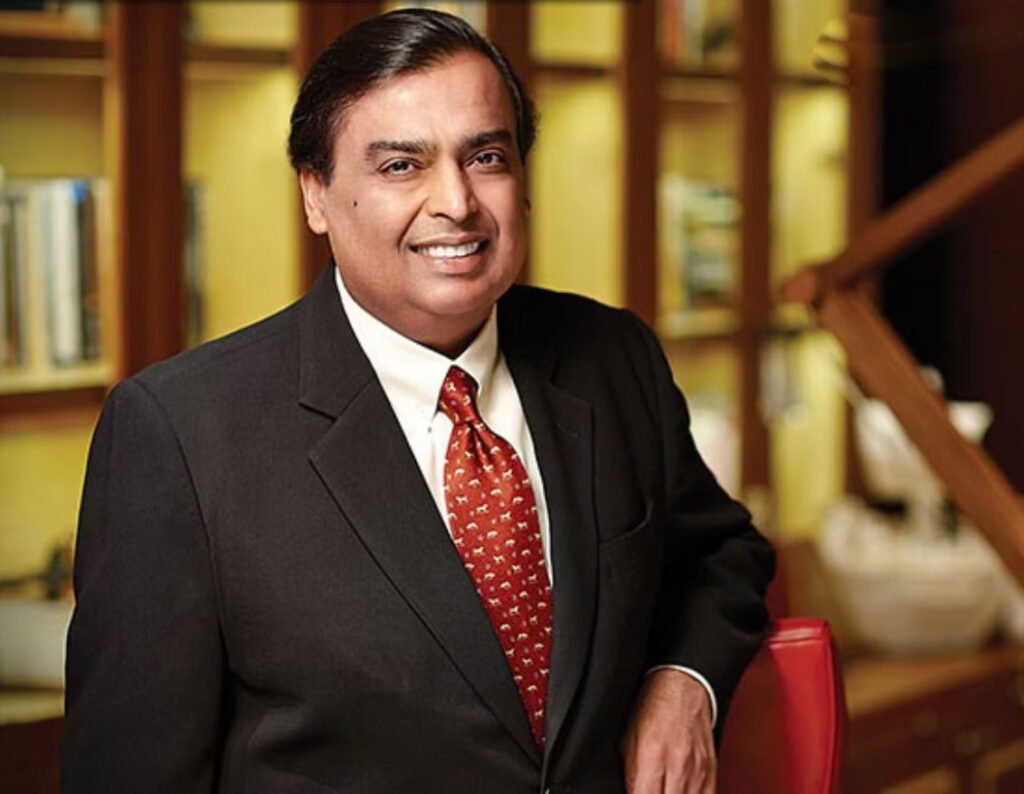A team from Reliance has reportedly travelled to China to speed up the shipment of pending battery component orders, according to a source. Both Reliance and China’s Ministry of Commerce have declined to comment.
China’s new export rules spark global concern
China, the global leader in electric battery manufacturing, recently introduced new regulations mandating government approval for battery equipment exports. The rules, set to take effect on November 8, have raised alarms among analysts who fear they could disrupt global clean energy supply chains.
One source noted that several international firms—at least a dozen—are also rushing to ship their equipment before the deadline. “It doesn’t matter if the screws haven’t been checked or the paint isn’t dry,” the source said. “They just want it shipped. Testing can happen after it arrives.”
Reliance’s clean energy ambitions at risk
Reliance is currently building its battery assembly and manufacturing capabilities in India as part of a massive solar power initiative supporting the country’s renewable energy goals. A delay in receiving critical Chinese equipment could slow down these efforts, one insider warned.
According to SNE Research, six of the world’s top ten battery manufacturers are based in China, though sources did not disclose which companies are supplying Reliance.
Industry reactions and wider implications
CATL, China’s largest battery producer, stated that its export operations remain unaffected. “Exports of equipment and materials for our European plants are proceeding as planned,” the company said in a statement to Reuters.
Between January and August this year, China exported $48 billion worth of batteries—a 26% increase compared to the same period last year, according to customs data.
The new export restrictions have reignited global concerns about overreliance on China for critical green technologies, reminiscent of earlier disruptions tied to Beijing’s rare earth export limits.
While major Chinese battery firms have reassured clients that export licences will be processed swiftly, uncertainty continues to loom. “It’s a very tense situation,” one source said.

